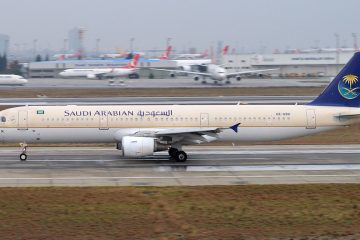Exploring Beijing: China’s Historical and Cultural Capital

Introduction to Beijing
Beijing, the capital of China, is not only one of the world’s most populous cities but also a significant cultural and political hub. As the heart of the nation, it plays a pivotal role in China’s global relations, economics, and cultural exchanges. Recent developments in Beijing highlight its dual identity as a city steeped in history while also embracing modernity.
Historical Significance
The history of Beijing dates back over 3,000 years, serving as a major cultural and political centre for several dynasties, including the Ming and Qing. The city’s rich heritage is epitomised by iconic landmarks such as the Forbidden City, which was home to emperors for nearly 500 years, and the Great Wall, stretching over 13,000 miles across northern China.
Recent Developments and Events
In recent months, Beijing has been in the spotlight due to its hosting of significant international events, including the Winter Olympics in February 2022. The Games showcased not only China’s ability to host such large-scale events but also its advancements in infrastructure and technology. Additionally, post-Olympics, Beijing is focusing on sustainable urban development and aims to strengthen its position as a global city through improved public transportation and environmental initiatives.
Furthermore, Beijing is emerging as a leader in digital innovations, with the rise of tech hubs and startups contributing to the city’s economy. Recent government policies aimed at fostering entrepreneurship have spurred growth in sectors such as artificial intelligence and biotechnology.
Cultural Melting Pot
Beyond politics and economics, Beijing remains a vibrant melting pot of culture. It boasts a thriving arts scene, celebrated festivals such as the Mid-Autumn Festival, and an eclectic culinary landscape ranging from traditional Peking duck to modern fusion cuisine. As Beijing opens its doors to international tourism again, the city’s cultural offerings attract visitors, keen to experience both history and contemporary life.
Conclusion
In conclusion, Beijing stands as a testament to China’s historical depth and modern innovations. As it continues to embark on a path of growth and development, the city is expected to remain at the forefront of global affairs. Readers can anticipate Beijing evolving further, balancing its rich cultural heritage with an ever-changing modern landscape, thereby solidifying its influential role on the world stage.






